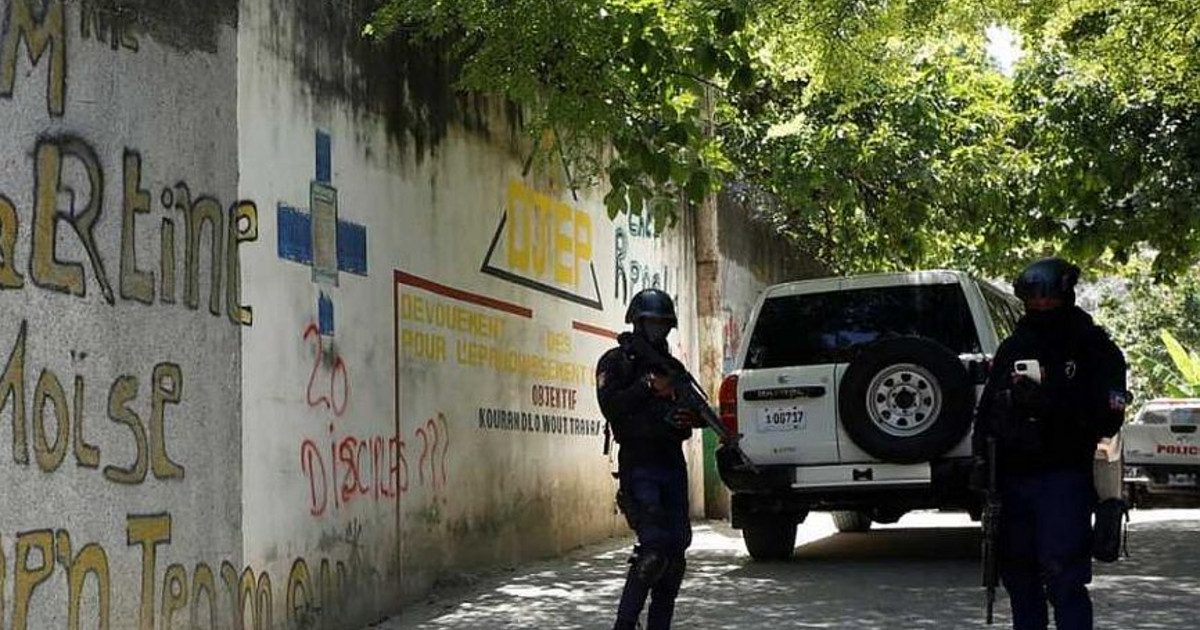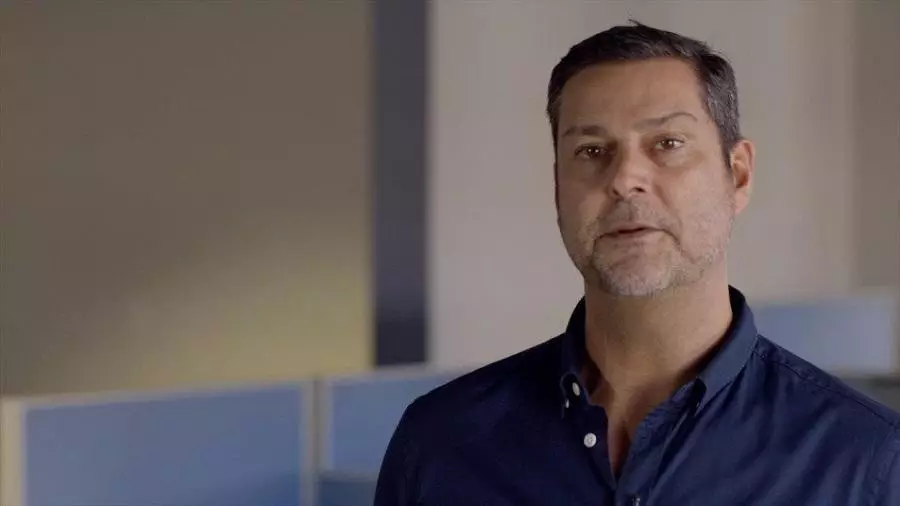«One evening he embarks on a ship with more than a hundred people, including “many, many women”. With his hands, she mimes the boat turning: “It didn’t work. One side of the boat capsized, people fell into the water. I was on the right side, but my two friends are dead.” Momo is only 16 years old, but she has already known death. He left Mali to get to the Ivory Coast, and arrived in Italy via Libya and its torturers.
Of his story, but also of those of Jallow, Dhimitris, Yobo, Momo, Bakaye, Alji, Doumbia, Joseph, Mamadou, Lassana, Yaya, he speaks Louise Mottierborn in 1995, Parisian, who in his book «How do you say dream? Life stories of adolescents in exile» (Edizioni Gruppo Abele) retraced her two years as an educator in a community for unaccompanied foreign minor migrants in Genoa. A place that these lonely children, who often no longer know anything about their family, have been able to call “home” at least for a while.
Louise, why, from Paris, did you decide to respond to a job advertisement in Genoa?
«When I worked in Paris, I met many people who came from Italy and whom France rejected because of the so-called “Dublin regulation”, which establishes that asylum requests can only be made in the European country where the person arrived. I began to wonder what the reception situation in Italy could be like. Not only that: I’ve always appreciated the fact of moving, changing scenery and country, discovering new places and atmospheres. I found the city of Paris tiring and left. I wanted to go to a country on the edge of Europe, to Spain, Greece or Italy. The game of opportunities did the rest».
What characteristics are common to underage migrants in the community?
“I often say that these guys are a bit like sand, or birds: you can’t stop them, they don’t settle anywhere, one day you see them and the next maybe not because they’ve set off again, in search of their peace. Sometimes they left their country so young that they necessarily “grew up” during their migration journey. Very often they find it difficult to take possession of a new space, such as a bedroom: it always takes time and a lot of attention for them to feel safe. And only then do you see their clothes no longer in the suitcase or backpack but finally in the closet, photos or drawings on the walls, a flag on the door.
Of all their stories, which one struck you the most?
“There’s an important story behind every boy I’ve met. I remember Ahnaf, the first child I met, my starting point, the first story in the book. It represented the absurdity of a world where there are children forced to be alone, to leave their own country and to travel thousands of kilometres. In the book, I also tell about Eljo, who came to us as a little boy, who started crying on his birthday because it was the first time he had spent it without his mother. These moments make me rethink how delicate this job is».
What are the needs and desires of these kids?
«Kids who arrive alone, even if they have been forced to behave like adults in order to survive, want to be considered as teenagers: often the institutional system – not only in Italy, but also in Europe – instead considers them more as foreigners than as minors , which as young people who require protection and care. The best interests of the child, as referred to in the UN Convention on the Rights of the Child, are not taken into consideration. These kids need stability and need to take care of their mental health, so often, however, there aren’t the necessary means. Everyone has their own story, but the wishes they express are “simple”: to find a place of peace, settle down, be able to give news of themselves to their family, if they have any, go to school, find a job. In short, try to forget what they have been through.
So young, and already alone in the world. How does this forced emancipation impact them?
“It makes them jump straight from child status to adult status. These kids have necessarily grown along the way, so they have reached a certain level of autonomy and independence, which however seems more enterprising. This independence is often used as an excuse to justify the lack of means: in Italy as in France, for example, the structures that welcome foreign minors receive less budget (sometimes two or three times less) than those that host native children. The hidden reason for this discrimination, which has no legal basis, is this imagined autonomy. But this does not mean that we have an adult in front of us, on the contrary. We are dealing with a teenager, who at times still does not know how to manage his needs well, wash himself, cook himself, take care of himself”.
What is missing from hospitality in Italy? What would be needed?
«The money and the desire of governments to welcome people are missing. Projects shouldn’t be renewed overnight, there is a shortage of operators and places in the structures. Yet we have the means: we saw it well with the reception of people arriving from Ukraine: overnight, the places were created, the money was released, there were collections of food, clothes, games for children everywhere. The permits were issued, the health cards too. Then it is feasible: let’s do it for everyone, in a dignified, unconditional way”.
Many Italians are afraid of being “invaded” by migrants.
«We need to restore the real dimensions to the facts: we are 500 million in the European Union, last year 600,000 people applied for asylum. 0.1% of the population. The people who disembark in Italy every year are less and less because the safe and legal migratory roads are closing more and more. It seems absurd to talk about an invasion when it takes days and days of negotiation between European countries to decide whether to disembark 100, 500, 1000 people. The media also have a responsibility for the way they portray migration: we often see large groups of men, when in reality, women represent 52% of migrants. We need to “humanize” these people, because they are like us: they are only looking for peace, they have not chosen to run away from home”.
-Serbia-Hungary border, MSF: “Systematic violence against migrants”
-Migrants, the nameless hero and broken dreams in the Mediterranean
Source: Vanity Fair
I’m Susan Karen, a professional writer and editor at World Stock Market. I specialize in Entertainment news, writing stories that keep readers informed on all the latest developments in the industry. With over five years of experience in creating engaging content and copywriting for various media outlets, I have grown to become an invaluable asset to any team.






